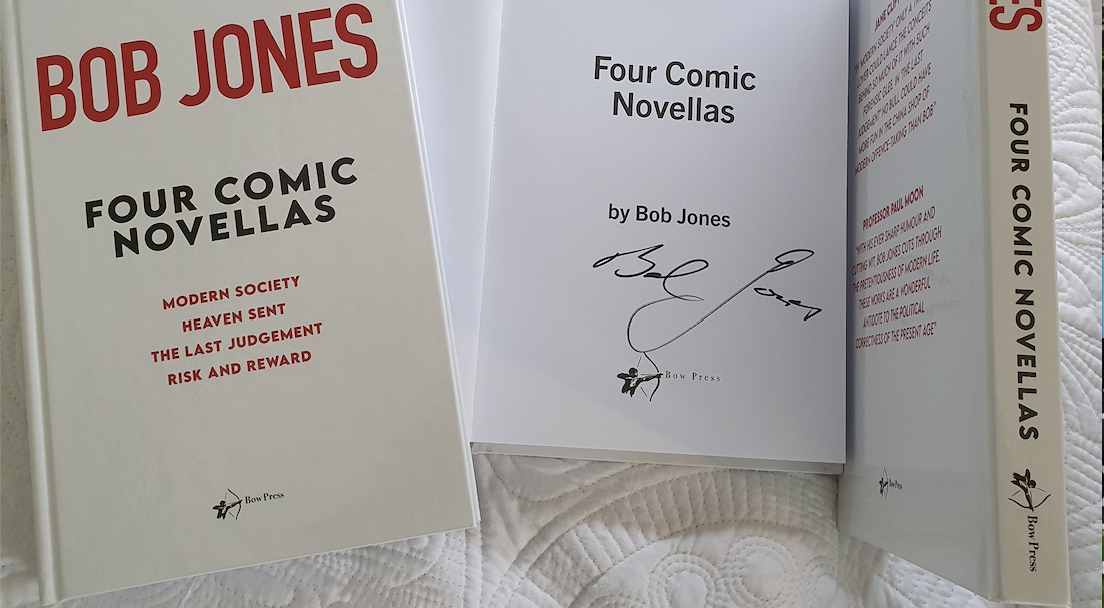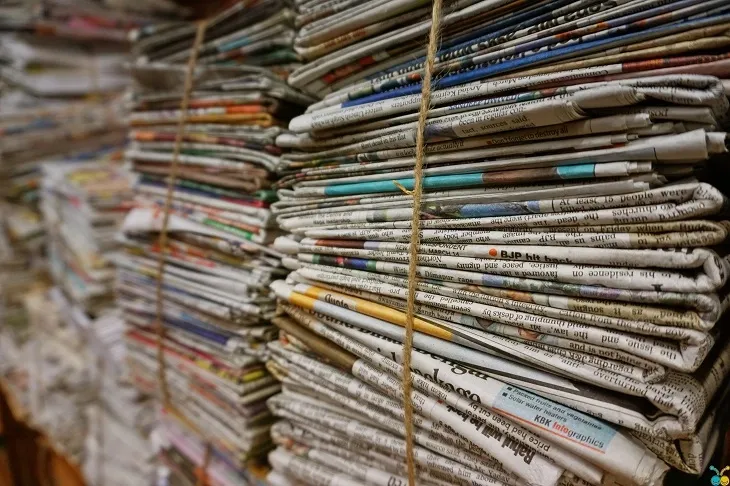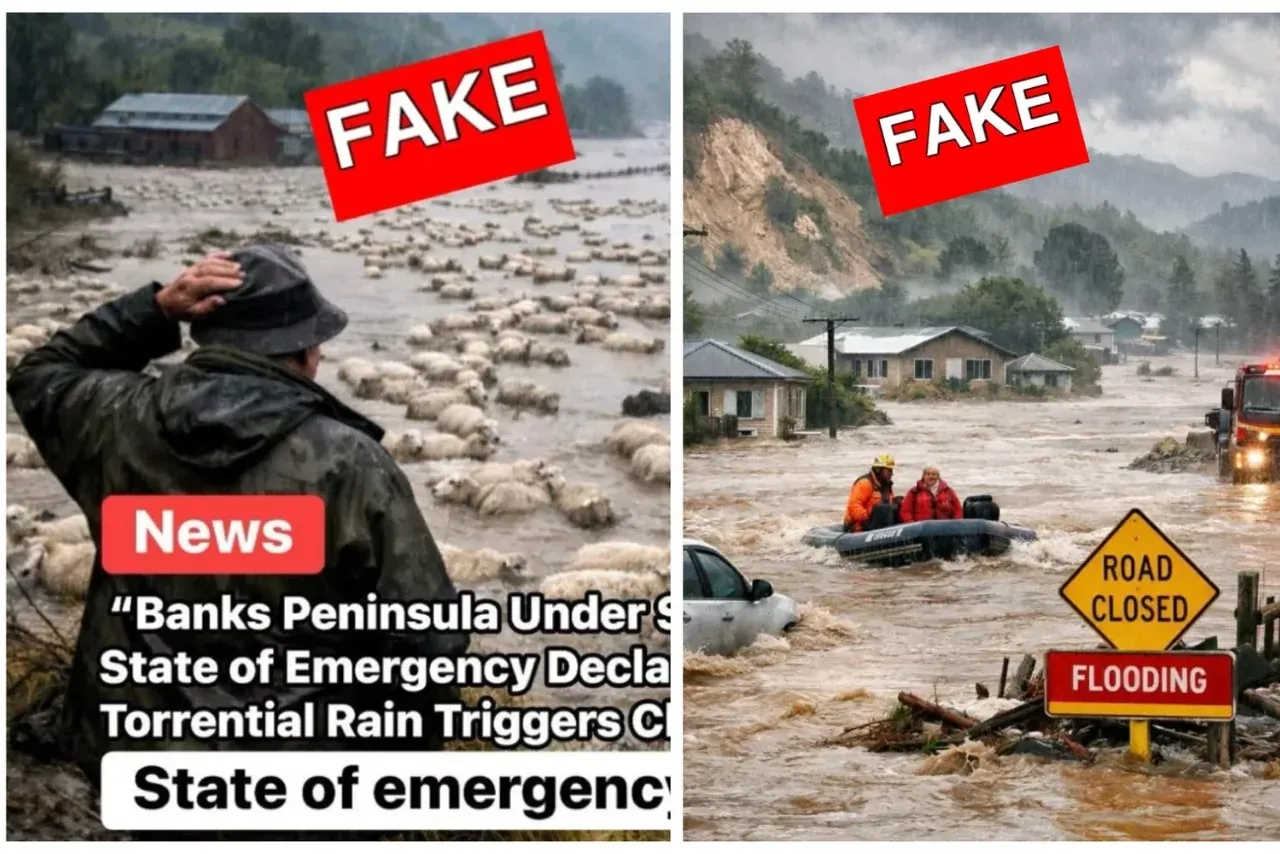Table of Contents
Sir Bob Jones
In recent weeks the traditional news media themselves have become a major news story. With fast fading audiences in the face of alternative options, they’ve become a sunset industry and of necessity are undergoing constant staff layoffs, just as occurs in other once seemingly safe activities confronted by new technology making them redundant.
Consider the recent publication of the AUT’s annual survey of the public’s trust in the media.
This covered all of our newspapers, radio and television outlets. Only the Otago Daily Times, and then by the finest possible margin of 5.1% for against 4.9% against, showed a positive public trust in its integrity.
That same week in a special editorial in the Sydney Morning Herald, their senior editor deplored the behaviour of so many journalists in bringing newspapers into public contempt.
He made the correct observation that journalists have been the constant butt of satirical writing, starting with Evelyn Waugh’s wonderful “Scoop” written in 1938.
Yet up until about 20 years ago “Scoop” was widely referred to as the journalists’ bible, no-one treating it as more than the wonderfully over the top spoof it is. But it was followed by many other funny piss-taking novels at journalism’s expense, it being a field offering rich potential.
Indeed two decades ago I also poked fun at journalists with my comic novel “True Facts.” Furthermore, it was launched by a journalist, Deborah Coddington, before a large audience hosted by the Press Club no less. But back then we could laugh at human folly without getting upset, unlike today.
Because by dint of their activities journalists have the power to produce dishonest articles, there will always be some who will and in the process tar the whole profession.
In the past I’ve occasionally claimed that I could write a ten volume set of books on outrageous journalists distortions and outright lies I’ve personally been subjected to in my public activity days. That’s not hyperbole; I really could.
But I freely concede this is a rotten apple in the barrel faction, the majority of journoes being strictly honest.
As I’ve said, the issue is becoming increasingly academic as traditional media are fighting for survival in the face of technology. 50 years ago television was famously described as a license to print money. Nowadays it’s provably a license to lose money. On many occasions in my column writing days over recent decades, I’ve urged the sale of TVNZ while it still had value. There was and is today, not a single reason for this to be a state activity. It’s probably too late now as there’d be no buyer.
I don’t rejoice in that, indeed to the contrary, I having a life-long love of newspapers, one reason I enjoy being in Britain where, albeit with hugely reduced circulations, great newspapers still survive.
But ultimately they’re all doomed which is why Stuff’s nation-wide fleet of papers were sold for a token dollar despite 30 years earlier, probably then having a value of 5-10 billions dollars. Their Australian owners accepted the reality and jumped ship to avoid the constant tension of a dying investment and its corresponding redundancy obligations.
BUY Your Own Copy of Sir Bob’s Latest Book Today.










